.webp)
© History Oasis
Note: UPS operated without national advertising campaigns for over 35 years until 1982, so some of the earlier date ranges represent when these slogans were used in limited regional campaigns or corporate materials rather than major advertising pushes.
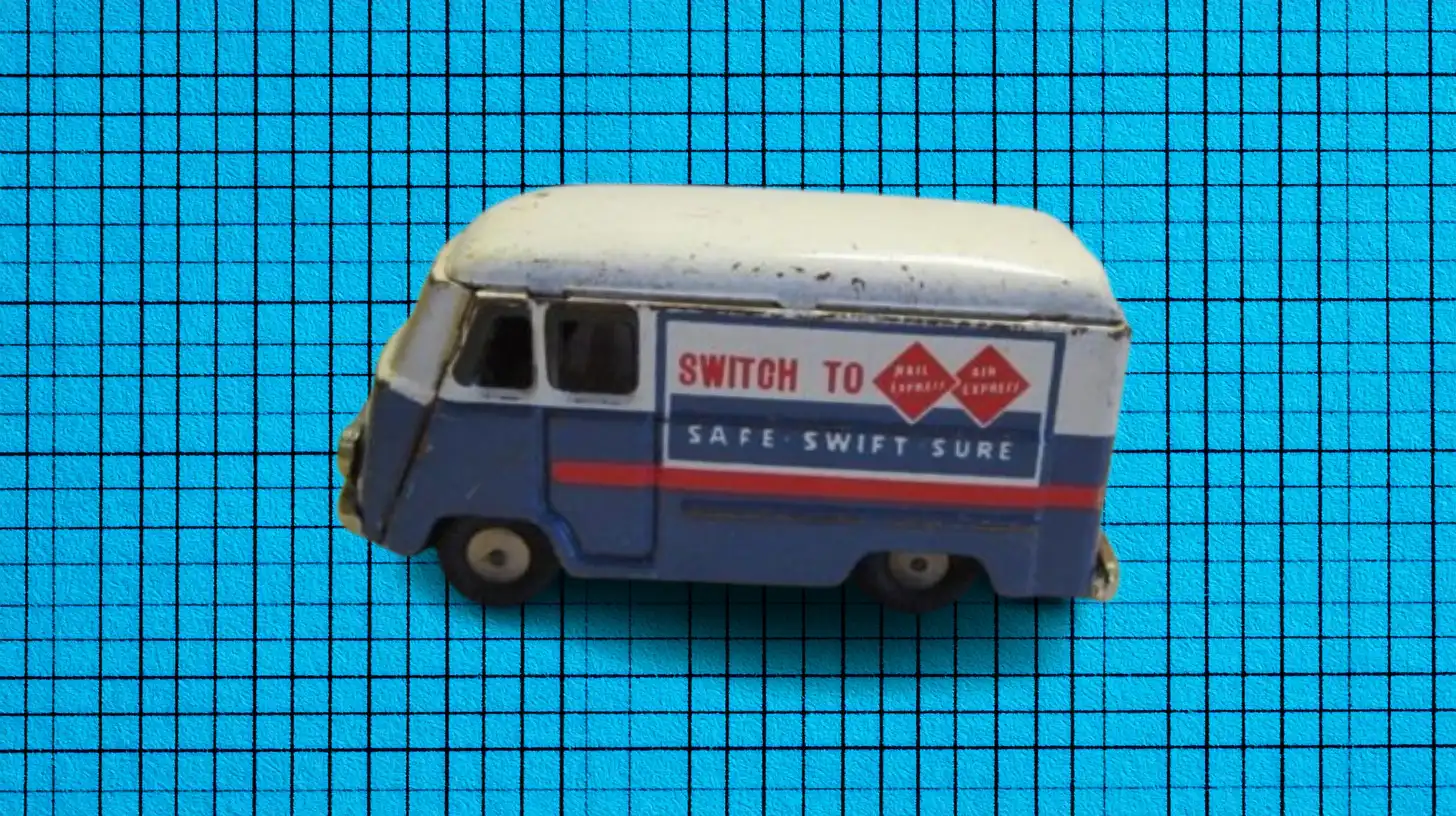
1916-1937
Two teenagers, James Casey and Claude Ryan, started their Seattle messenger service with this simple promise. To deliver goods safely and swiftly without hassle. Going back to 1916 Seattle, 200,000 people lived in the up-and-coming city, but there were barely any phones or cars. These kids on bicycles carried messages between businesses when communication meant walking across town. The founders of UPS came up with a bronze eagle on their logo, symbolizing that they'd get there fast. It was accompanied by the Safe, Swift, Sure slogan that emphasized safe delivery, swift service, and sure results.
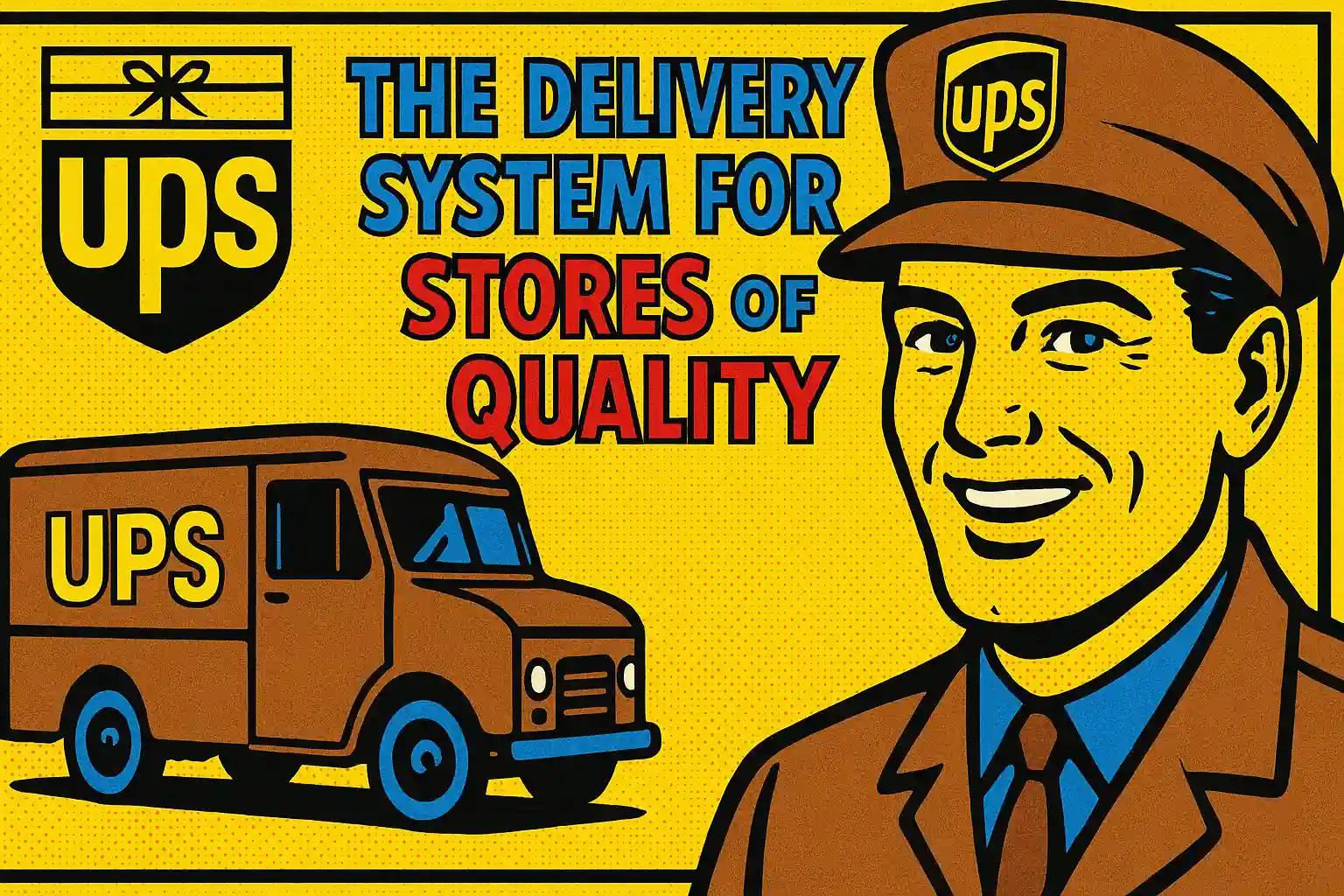
1937-1950s
By the late 1930s, UPS ditched the eagle logo and aimed for something higher. Department stores needed someonedependable to handle their deliveries, and UPS wanted that business. So they painted their trucks brown, a color that stayed cleaner than the original yellow. And with the new color scheme, they started using the Delivery System For Stores Of Quality slogan. The new tagline was intended to tell upscale stores that they were the perfect delivery system worthy of quality retailers.
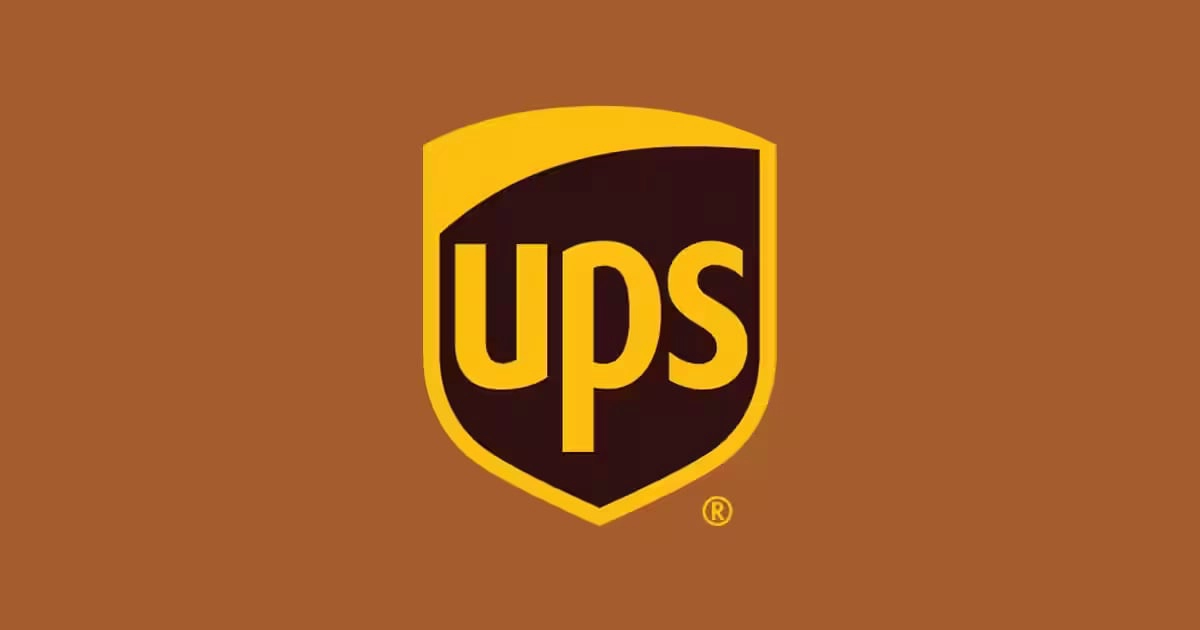
1950s-1970s
No fancy words, just the facts. That is what Best Service and Lowest Rates meant. For twenty years, UPS grew from a regional player to a national brand. They hit their billionth package in 1946 but stayed quiet about it. While competitors bragged in ads, UPS kept their heads down and focused on doing the job better and cheaper. Their quiet approach to marketing worked; word of mouth was swift. UPS's consumers knew that the brand really meant better service and lower rates.
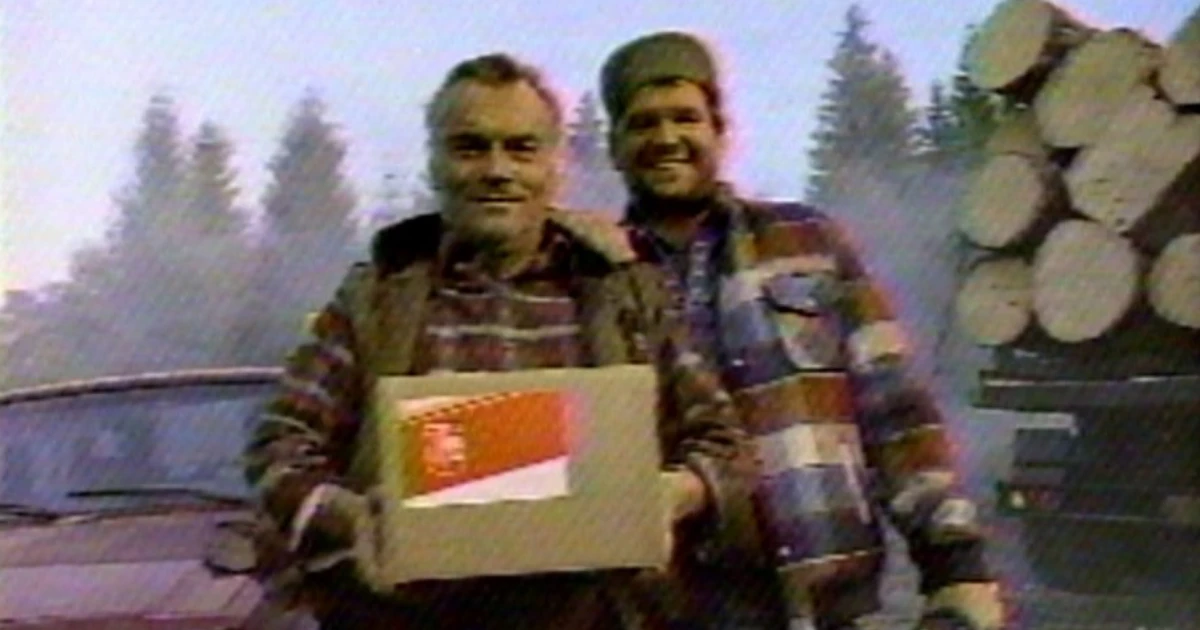
1980s-1993
UPS broke their silence with this catchy slogan and this time with a $35 million TV blitz. After decades of no advertising, they needed to make some noise. The slogan wasn't marketing fluff—UPS really did run a tight ship. Drivers learned to hold their keys on their pinky fingers to save seconds at each stop. Every movement got measured, timed, and optimized. This marketing campaign worked so well that they even trademarked this slogan.

1993-1995
UPS needed breathing room during this tech-heavy transition period. So UPS modernized. They rolled out handheld computers that let drivers track packages in real time. Revolutionary stuff in 1993. While moving 11.5 million packages daily, they positioned themselves as the steady choice when everyone else seemed experimental. Their newest slogan really meant that other companies trust us, so should you.
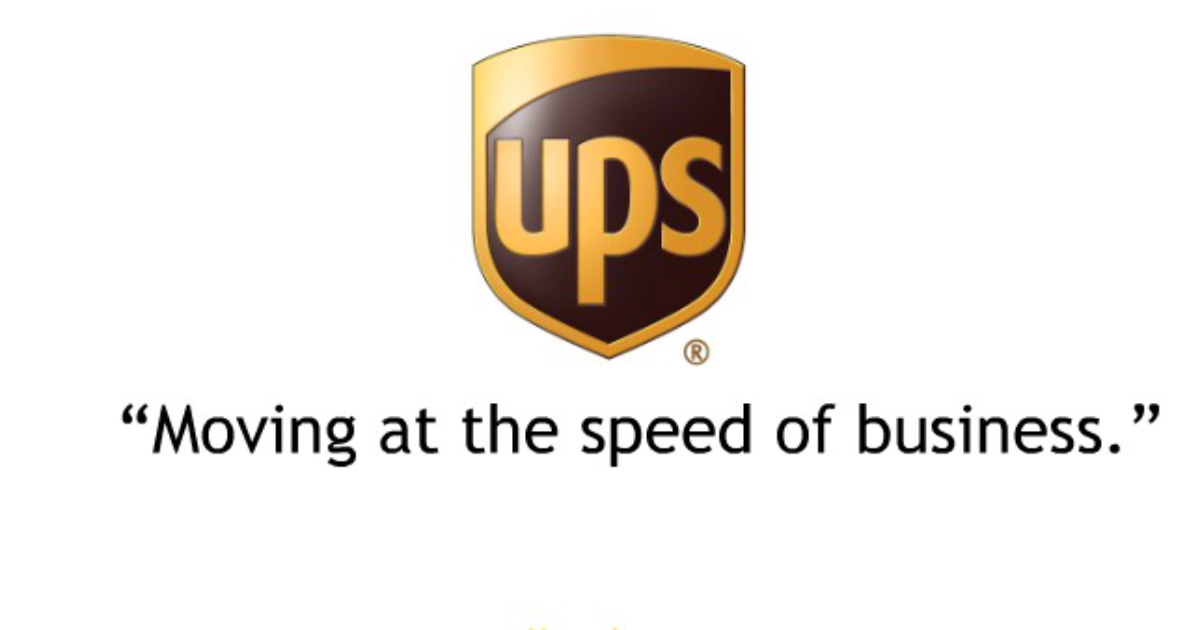
1995-2002
After more than 80 years in business, when people saw a brown truck, they thought "package delivery." But UPS wanted them to think bigger. The Moving At The Speed of Business campaign fought the perception that UPS only moved boxes from here to there. They were building supply chain solutions and technology services—faster than business itself was changing. This campaign wanted people to know that they were everywhere, doing everything, keeping up with you.
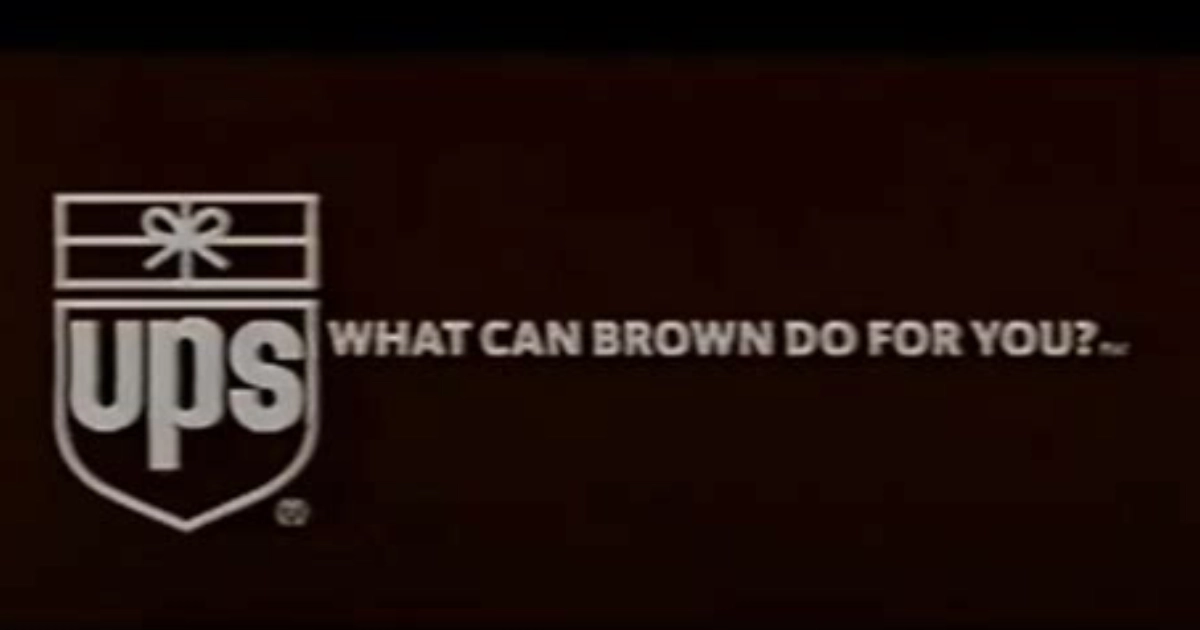
2002-2010
What Can Brown Do For You? — was pure marketing gold. UPS turned their brown trucks into a conversation starter, launching during the Winter Olympics with a $45 million push. The phrase caught fire. UPS made "brown" feel personal, like talking about a helpful neighbor. Their drivers already knew customers by name. Now with this new campaign, the whole company felt friendly.
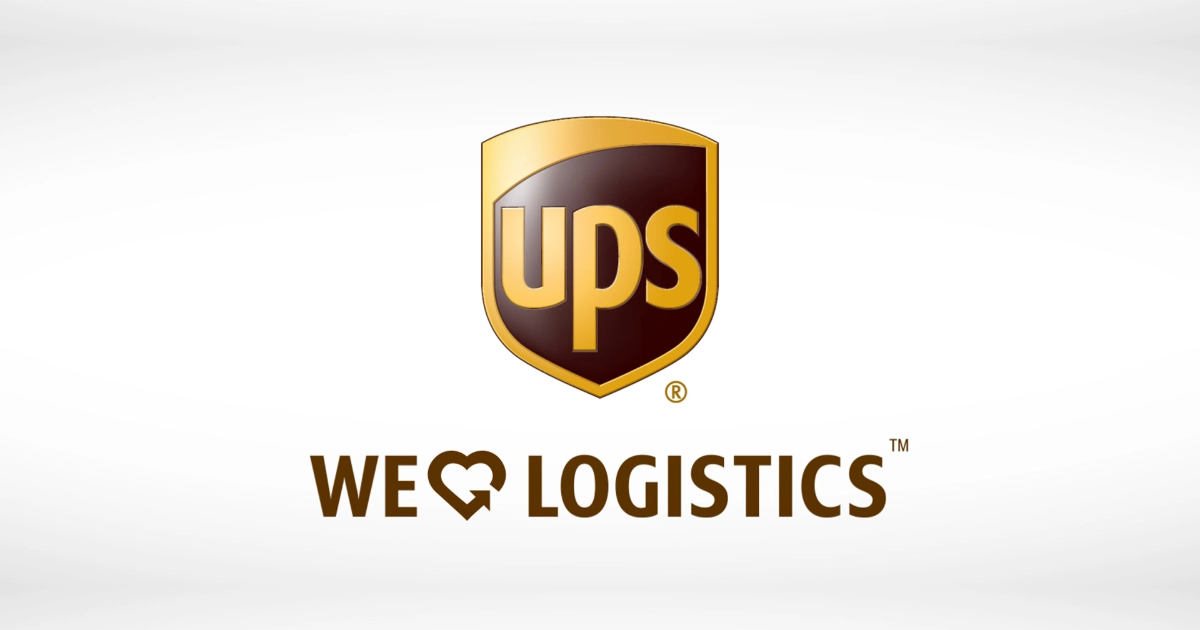
2010-2015
In 2010, UPS said goodbye to brown (the campaign, not the trucks) and embraced logistics. They came up with a new, simple slogan with a heart symbol that worked in any language. It was the company's first global campaign, and they needed something that could translate easily to any language. And nothing was more universal than the heart. While everyone focused on that cute heart, UPS quietly bought 40+ companies to build a logistics empire. UPS wanted you to know that they love this complicated stuff, so you don't have to think about it.
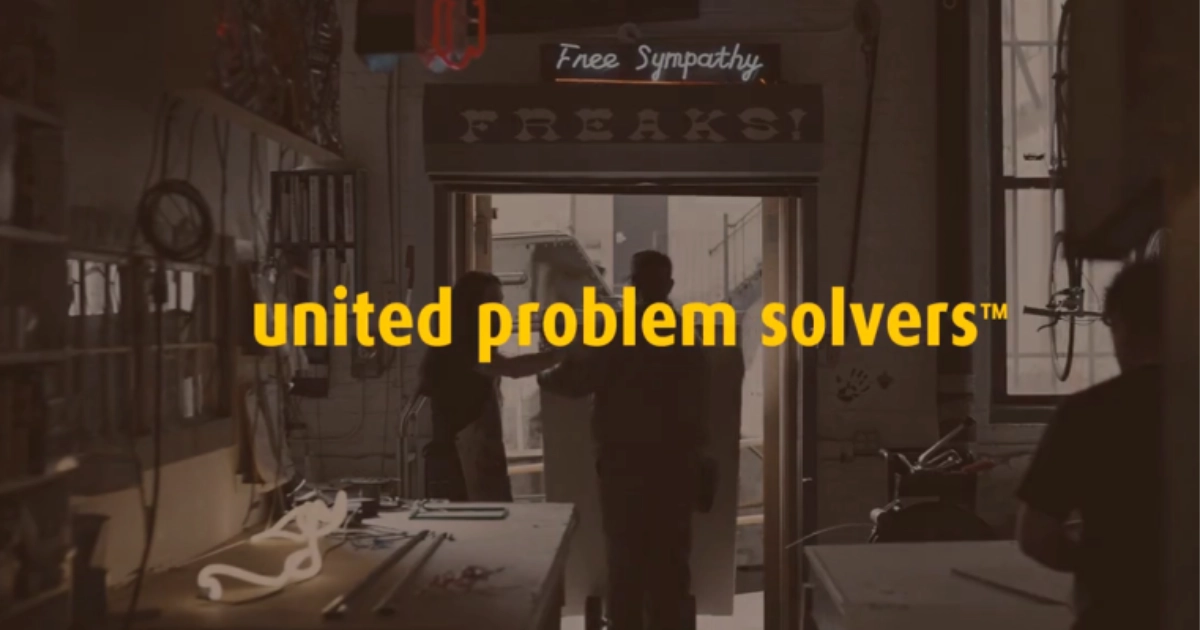
2015-Present
Clever wordplay that gave UPS new meaning. Instead of United Parcel Service, think United Problem Solvers. The United Problem Solvers slogan was launched during March Madness (UPS sponsors the NCAA), and the campaign showcased real customers with real problems UPS had solved. In one ad, they showed a Boston, a mosaic company saving eight hours weekly on shipping. And an Atlanta medical startup that grew to $50 million with UPS' help. The stories sold better than any tagline they ever had before.
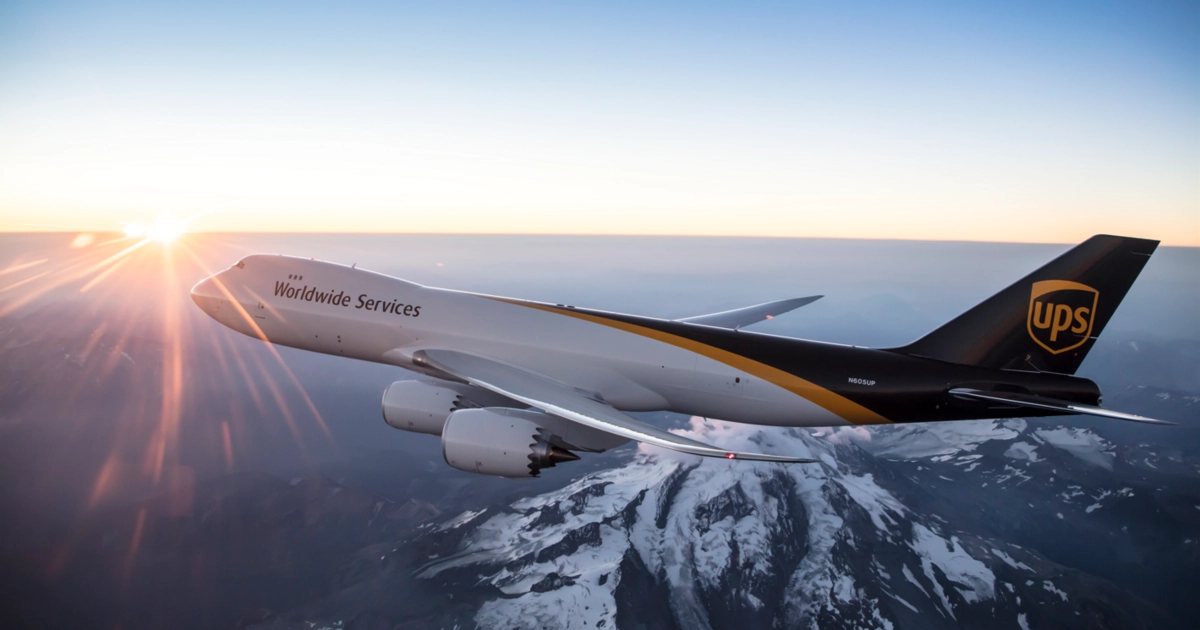
2020-Present
Recently, Carol Tomé became UPS's first female CEO after 113 years and shifted from catchy slogans to a deeper purpose. This newest slogan became its mission statement. With 490,000 employees serving 220+ countries and pulling in$91 billion annually, UPS decided bigger questions mattered more than clever marketing. The focus moved from selling services to making an impact.